Ahead of Pritzker’s budget address, pressures that mounted last year intensify
Noncitizen health care costs derailed bipartisan budget hopes in Senate last year
Republicans in the Illinois Senate indicated Tuesday that their sticking point for budget negotiations this year will be the same as it was last year – state spending on programs for noncitizens and recent arrivals from the country’s southern border.
In what’s been a rarity over the past five years, Senate Republicans were in on budget negotiations with their Democratic counterparts last year until the legislative session neared its end. But when the final budget bill materialized in the waning days of May, no Republican supported it.
One of the main reasons given was that the budget contained hundreds of millions of dollars in spending for state-funded health care programs for noncitizens, while a $75 million tax credit program for private school scholarship donors was allowed to expire.
“We need a budget that prioritizes Illinois citizens,” Senate Minority Leader John Curran, R-Downers Grove, said when asked what would have to change this year for the budget to receive Republican votes.
Gov. JB Pritzker on Wednesday is set to lay out his vision for the upcoming fiscal year 2025, which begins July 1. Because Democrats hold supermajorities in both the House and Senate, Republican votes aren’t necessarily needed to pass a spending plan.
Still, Curran said he’d like to engage with Democrats to the same extent his caucus did during his first year as its leader.
“Ultimately, at the end of the day, we were not able to come to an agreement with our colleagues on the other side of the aisle but we came close and we're going to continue that process,” he added.
But many of the realities that derailed a bipartisan budget last year remain in place and have become even more critical.
Illinois’ current-year budget includes $550 million in state-funded health care to low-income noncitizens who are in Illinois without legal permission or who have green cards and are on a waiting period. That group is separate from many of the migrants being flown or bused to Illinois from Texas – if the individuals are seeking asylum in the U.S., they more likely qualify for other preexisting state or federal benefits.
To date, more than 40,000 migrants have been relocated to the Chicago area from Texas, although some have moved on from Illinois. As of Tuesday, the city of Chicago counted 12,478 migrants in shelters and 16 awaiting placement.
Read more: Copays take effect for immigrant health programs as cost estimates continue to decline
Pritzker last week announced he’d propose spending another $182 million in state money to address the influx of migrants. That’s in addition to about $660 million the governor’s office has calculated it has already allocated to emergency services related to migrants.
Read more: Pritzker commits another $182 million to migrant response, details to come next week| Patchwork aid system and uncertain funding leave thousands of migrants in limbo
In total, the noncitizen health care funding, combined with Pritzker’s estimates for migrant response spending, equates to about 3 percent of the state’s $50.4 billion current-year general revenue budget.
S&P Global Ratings – one of the nation’s three major credit rating agencies – issued a report last week stating that “If this issue remains significant enough for long enough, the increase in costs and social service requirements could affect states' and local governments' credit quality.”
The state’s nine credit ratings upgrades during Pritzker’s tenure have been a frequent point of pride for the governor. He has also frequently touted increased funding for K-12 education, Illinois State Police operations, early childhood education, higher education, general human services funding and more. His budget proposals have grown from allocating about $39 billion in his first year in office to more than $50 billion for the current year.
But in November, Pritzker’s budgeting office projected a revenue shortfall for fiscal year 2025 at $891 million unless the state controls spending or increases revenues. That’s accompanied by a current-year projected budget surplus of $1.4 billion, however, which could create leeway for the fiscal year that begins July 1 – although the budget office also identified another $969 million in “spending pressures.”
Read more: Pritzker to mull tightening fiscal landscape in budget address this week
Pritzker’s set to balance those funding pressures with other spending asks from some Democratic lawmakers that include pushes for a new $300 child tax credit, as well as additional funding for existing programs addressing early childhood education, homelessness, food insecurity and more.
In a Feb. 8 news conference at the Capitol, House Republican leader Tony McCombie, of Savanna, laid out her caucus’ priorities. They included fully funding education and pensions, opposing new taxes, reducing the estate tax and restoring an inflationary adjustment to the state’s standard exemption that was temporarily paused last year.
Like the Senate GOP, one of McCombie’s priorities included “prioritizing services for Illinois citizens.”
“Number one, President Biden, secure the border,” she said when asked about the state’s migrant response. “That's number one. And now we have to put a moratorium on asylum seekers coming to Illinois. We – okay, they're here. We have to take care of what is here today. But we do not have the services that can accommodate this influx of folks coming here.”
Pritzker can’t control the flow of migrants from Texas – that state’s governor, Republican Greg Abbott, has stated he would relocate individuals who cross the border to “welcoming” or “sanctuary” states.
But Senate Republicans on Tuesday said Pritzker should change his tone.
“Stop the invitation,” Curran said. “Roll back the policies that have created the noncitizen welfare state, move away from your national stage presence trying to proclaim Illinois to be the most welcoming state in the nation.”
Pritzker, however, says he views the state’s response as a humanitarian issue.
“With thousands of asylum seekers continuing to come to Chicago in desperate need of support and with Congress continuing to refuse to act — it is clear the state, county, and city will have to do more to keep people safe,” Pritzker said in a statement last week.
New database
Illinois Comptroller Susana Mendoza’s office launched a new portal on Tuesday to track spending related to asylum seekers.
While the portal tracked about $31 million in expenditures related to migrants, Mendoza’s office noted “state spending that helps homeless or other populations that could benefit migrants may not be included, so this should not be considered an exhaustive list of all the help the state provides asylum-seekers.”
The database encompasses spending that occurred since November and “should include all spending directly aimed at these newcomers moving forward as reported by state agencies.”
Mendoza echoed Pritzker’s and others’ concerns about the federal government failing to adequately support states who are receiving migrants.
White Sox stadium
Chicago White Sox chairman Jerry Reinsdorf was at the Capitol Tuesday to meet with the state’s four legislative leaders – including Curran.
The Senate minority leader, however, wouldn’t comment on Reinsdorf’s supposed $1 billion request for state tax policy changes to help fund a new White Sox stadium in Chicago’s South Loop neighborhood. The plan was first detailed by Crain’s Chicago Business.
“I have not seen any plan … a proposal to put before me,” Curran said when asked about the stadium plan before meeting with Reinsdorf later in the day. “I got a meeting later today. I'll probably hear some details at that point. It’s hard to comment on something that I don't know what it is.”
Other leaders – including Pritzker – had been waiting for a specific proposal before commenting as well.
Capitol News Illinois is a nonprofit, nonpartisan news service covering state government. It is distributed to hundreds of newspapers, radio and TV stations statewide. It is funded primarily by the Illinois Press Foundation and the Robert R. McCormick Foundation, along with major contributions from the Illinois Broadcasters Foundation and Southern Illinois Editorial Association.
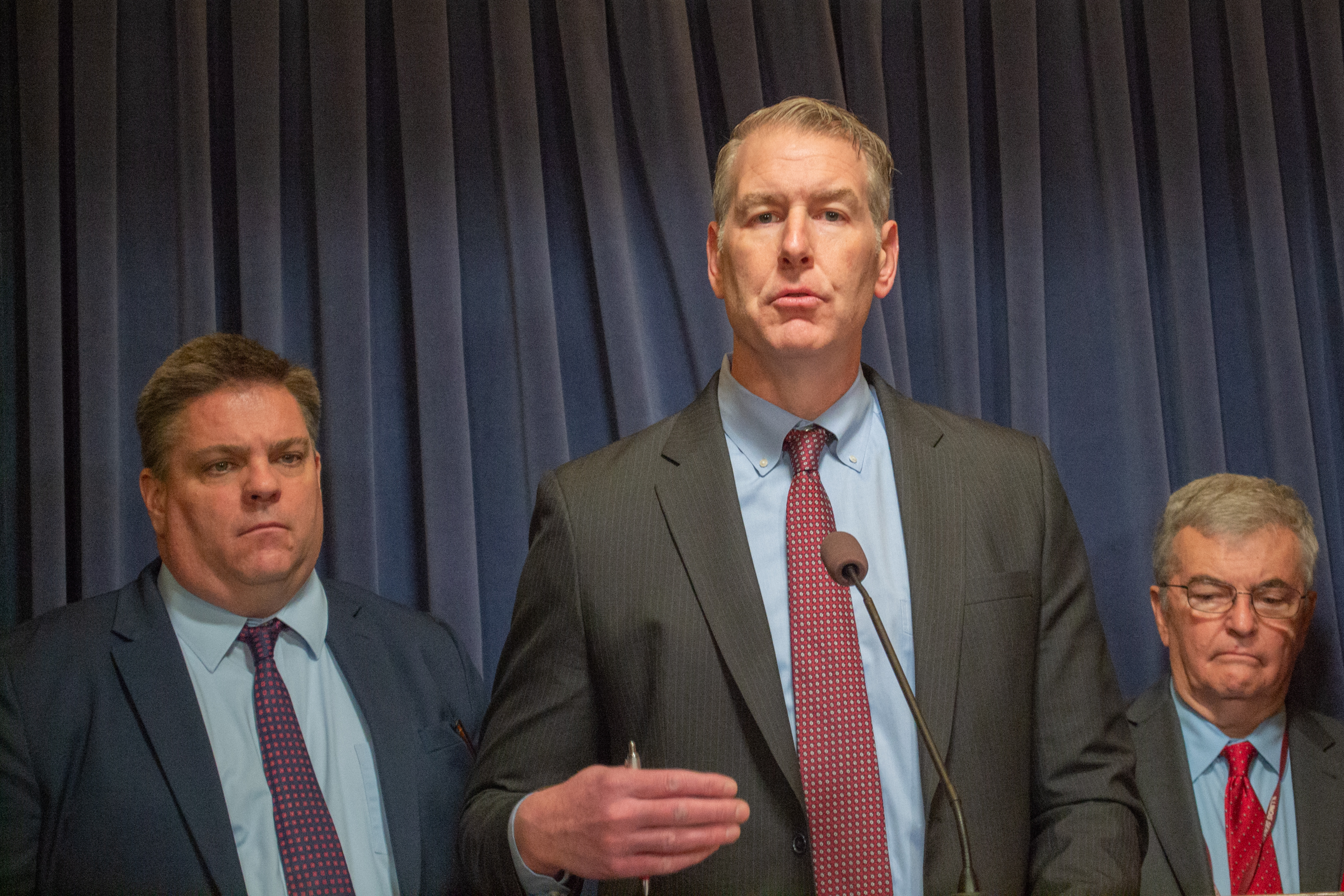




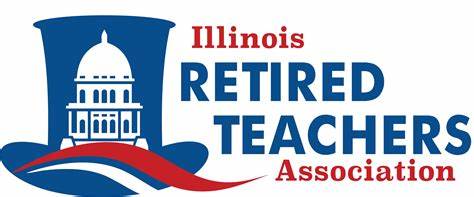

.jpg)
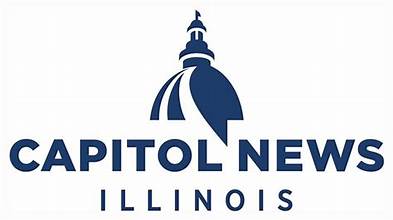

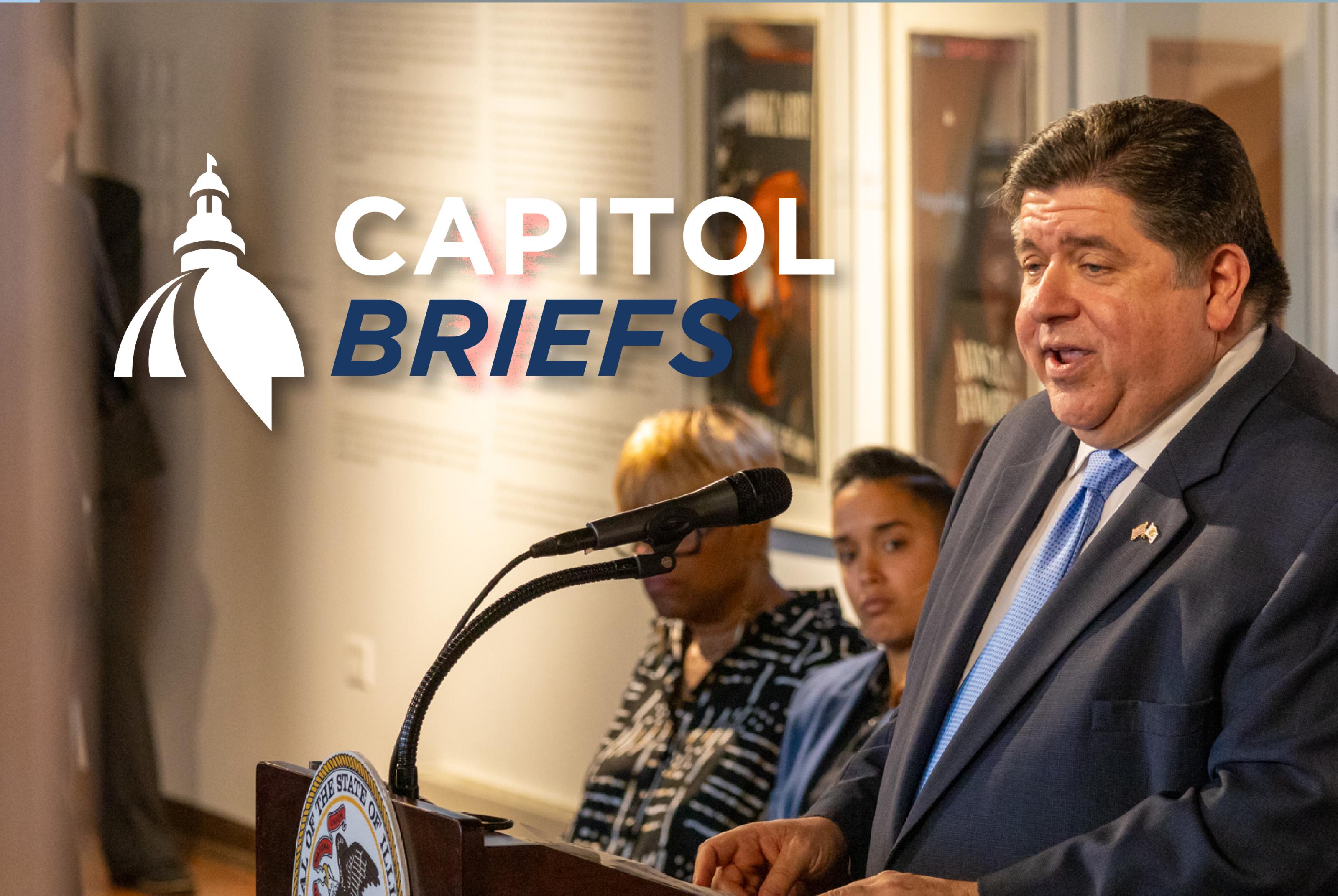


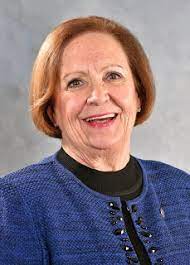



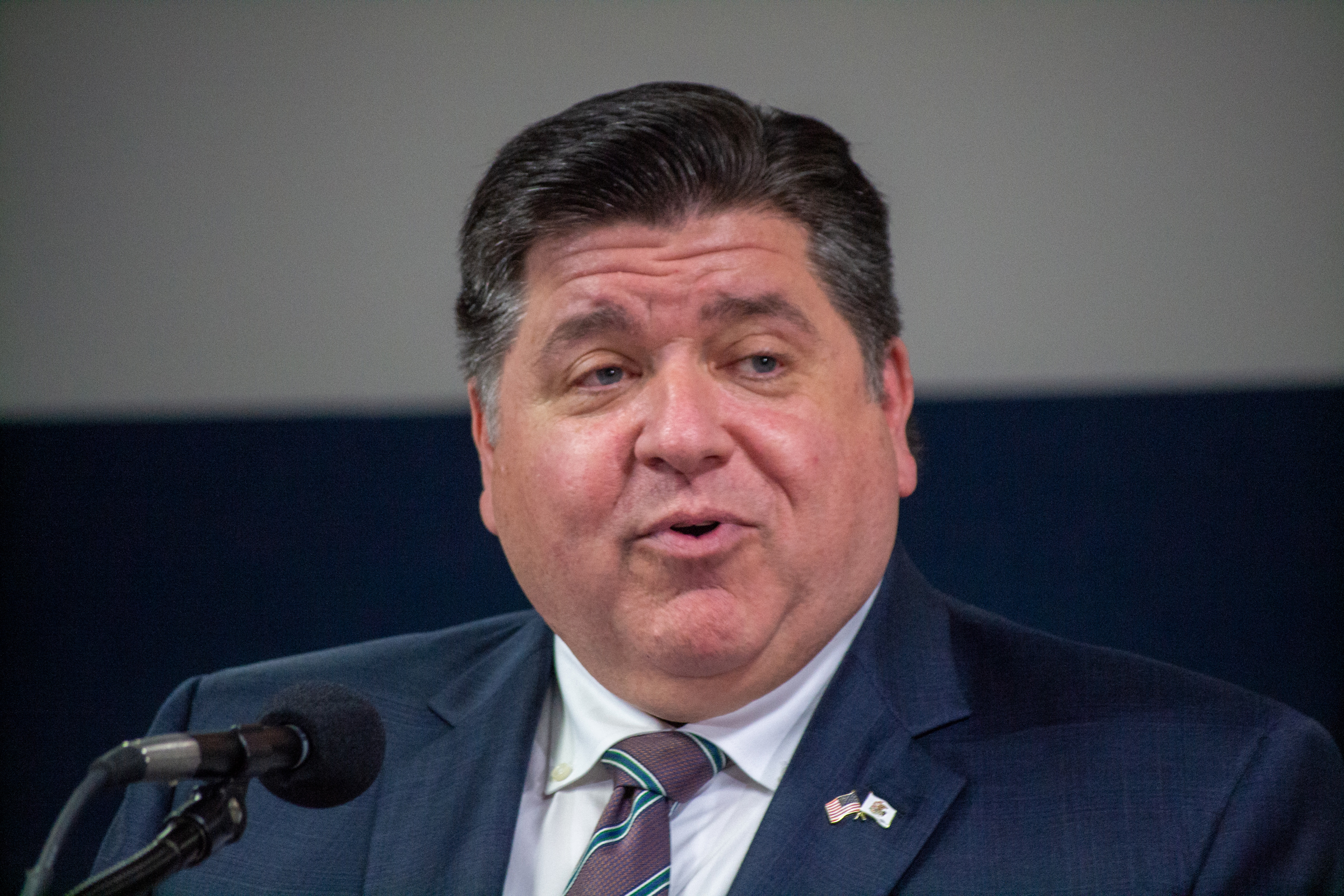
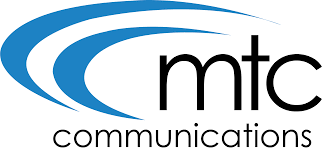
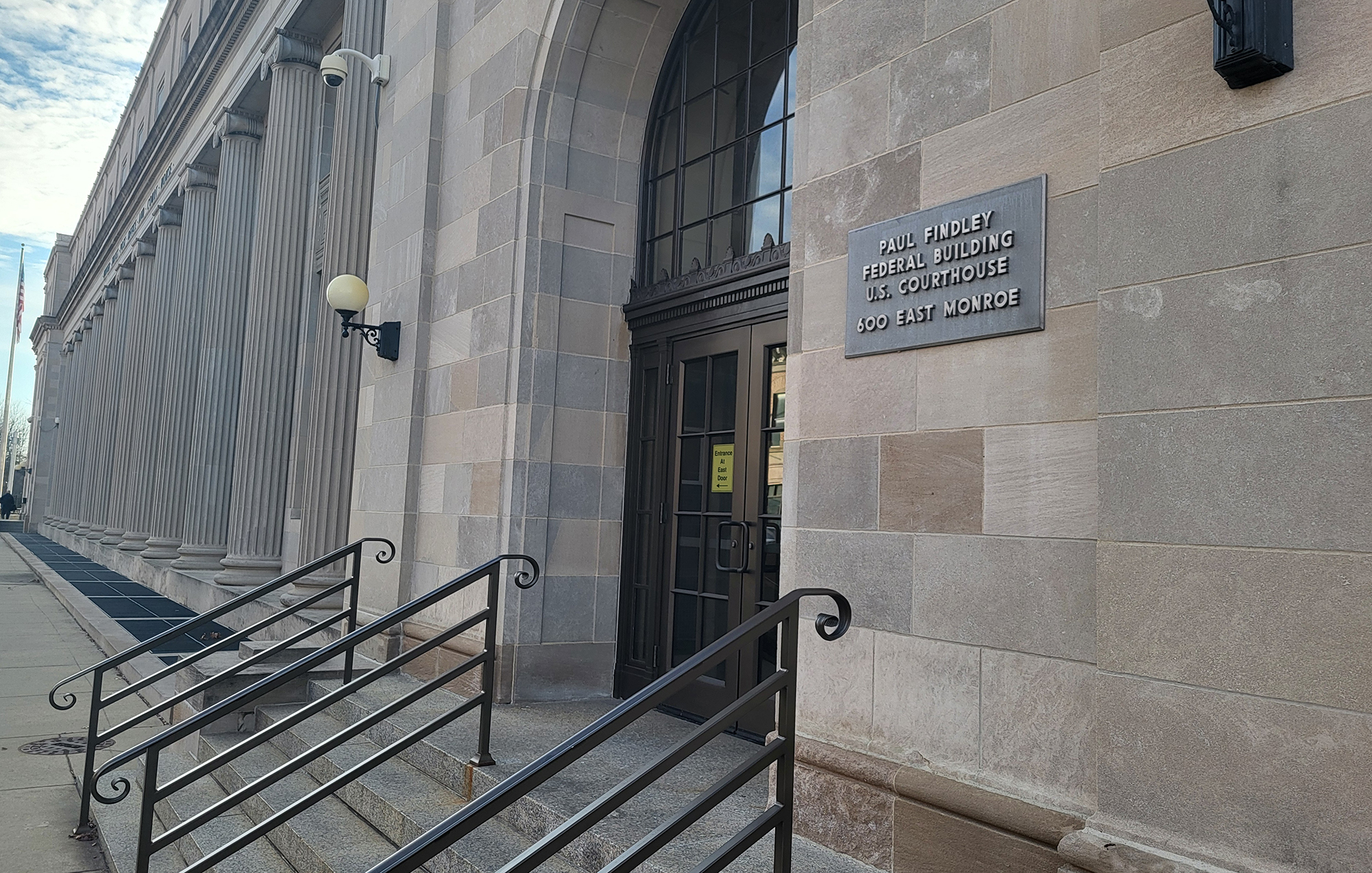
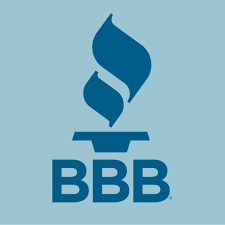




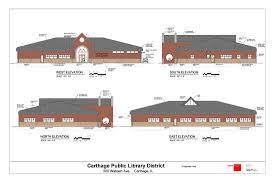


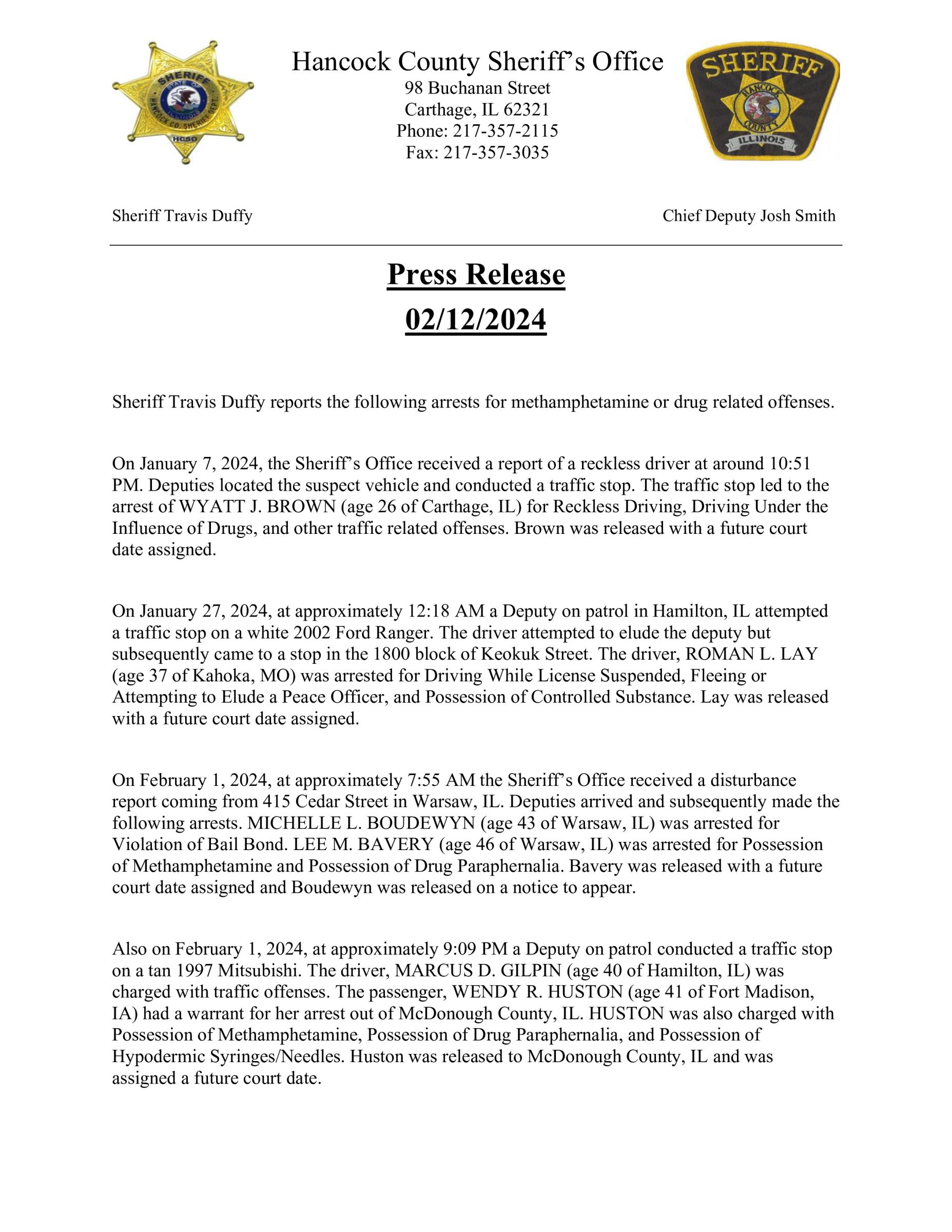
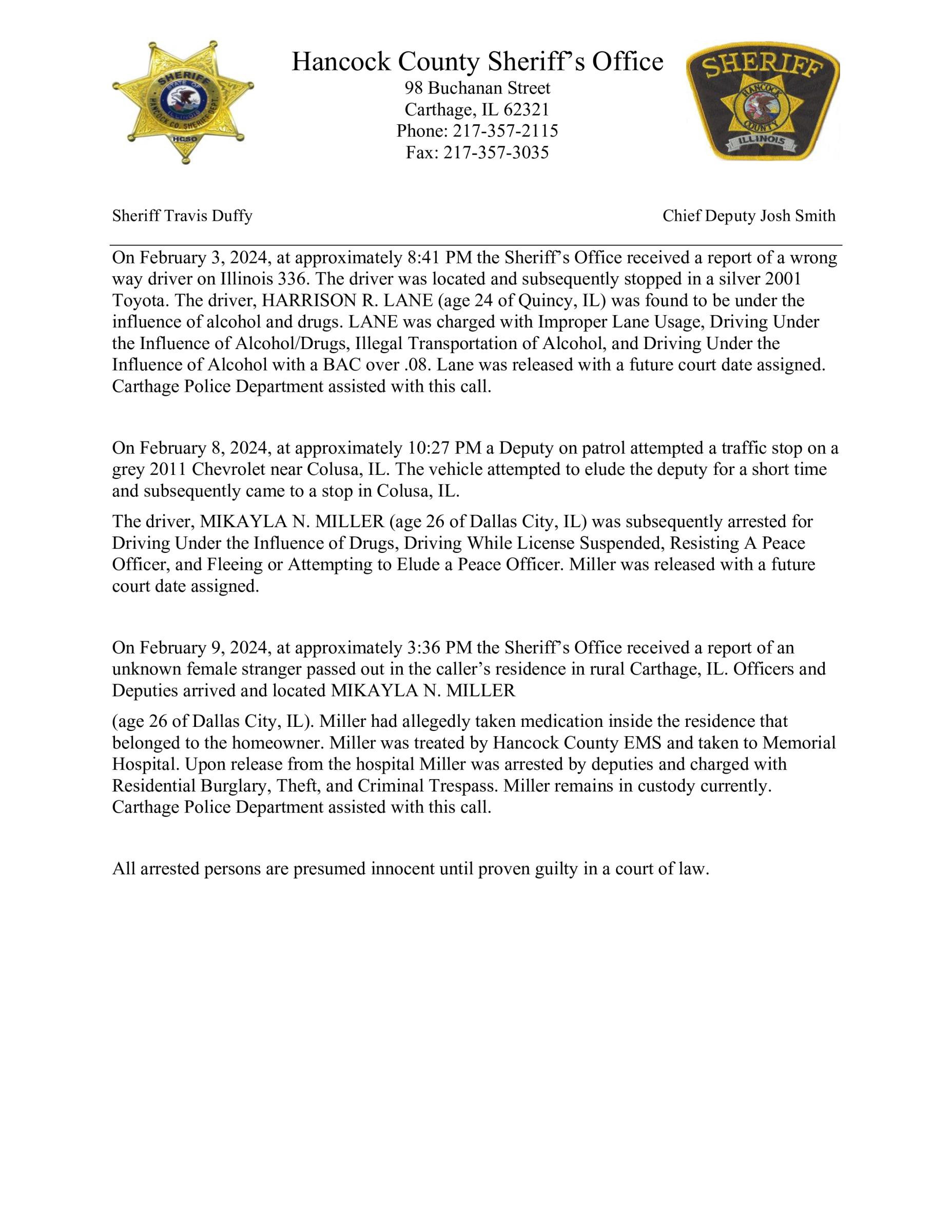
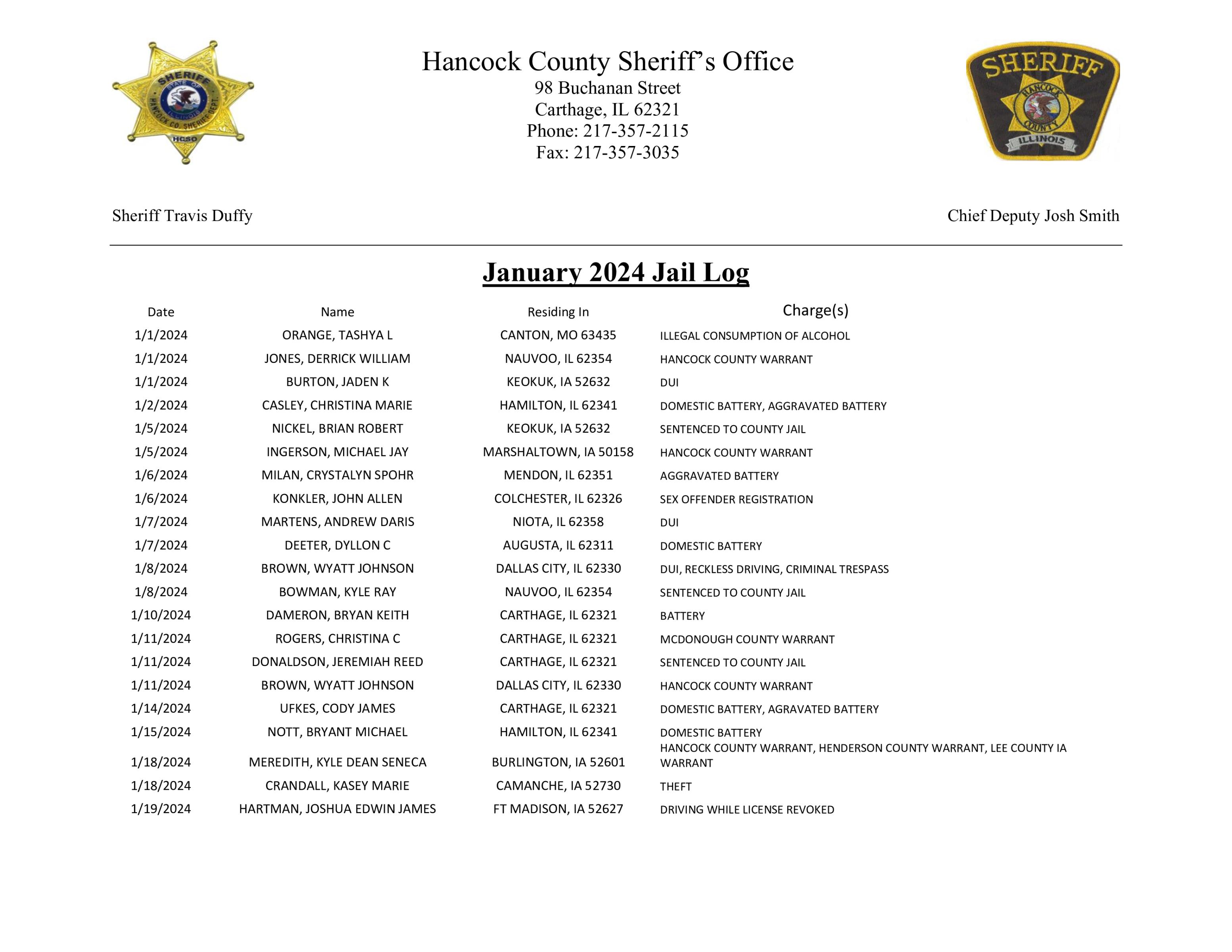
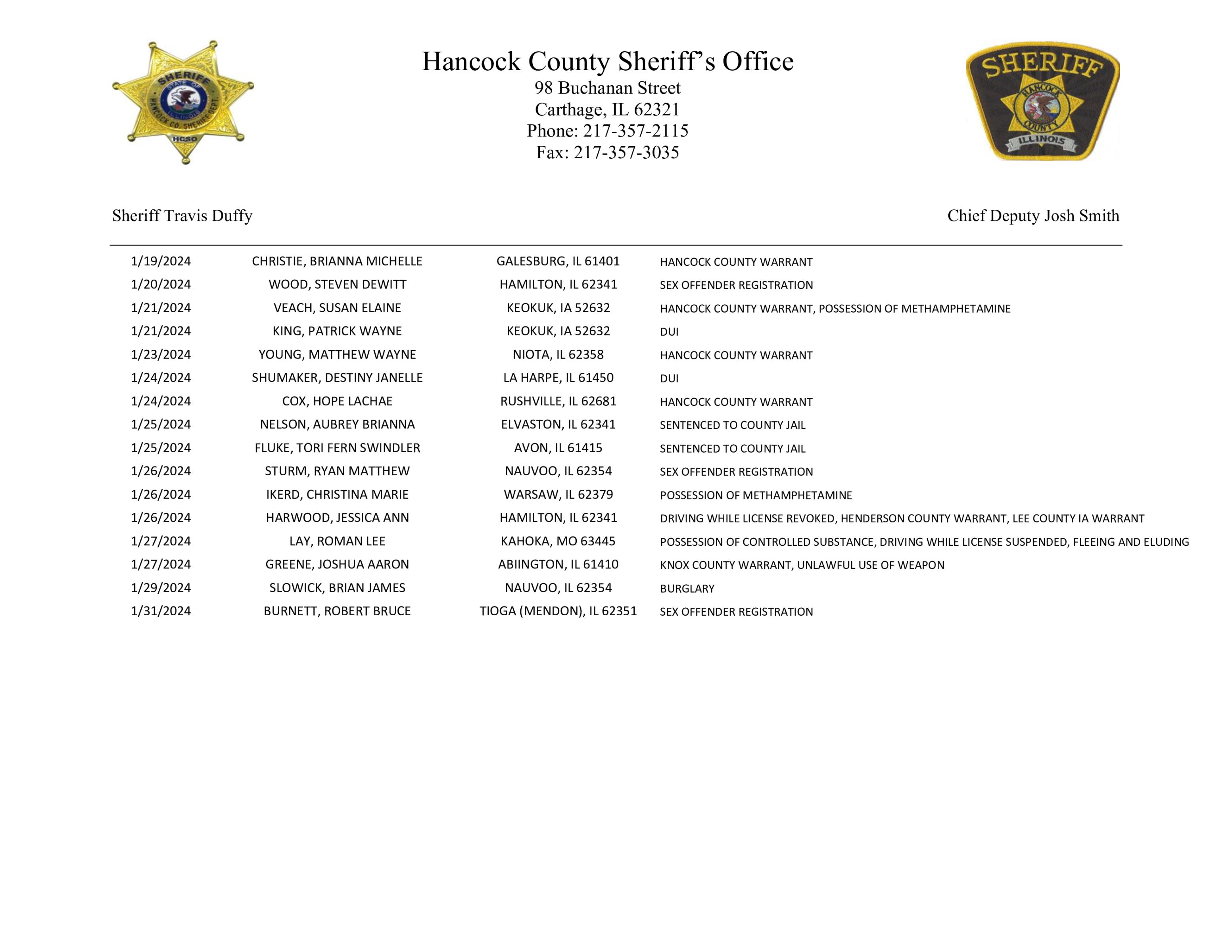
.jpg)
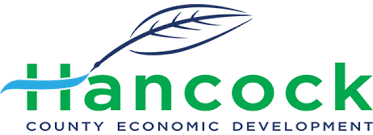


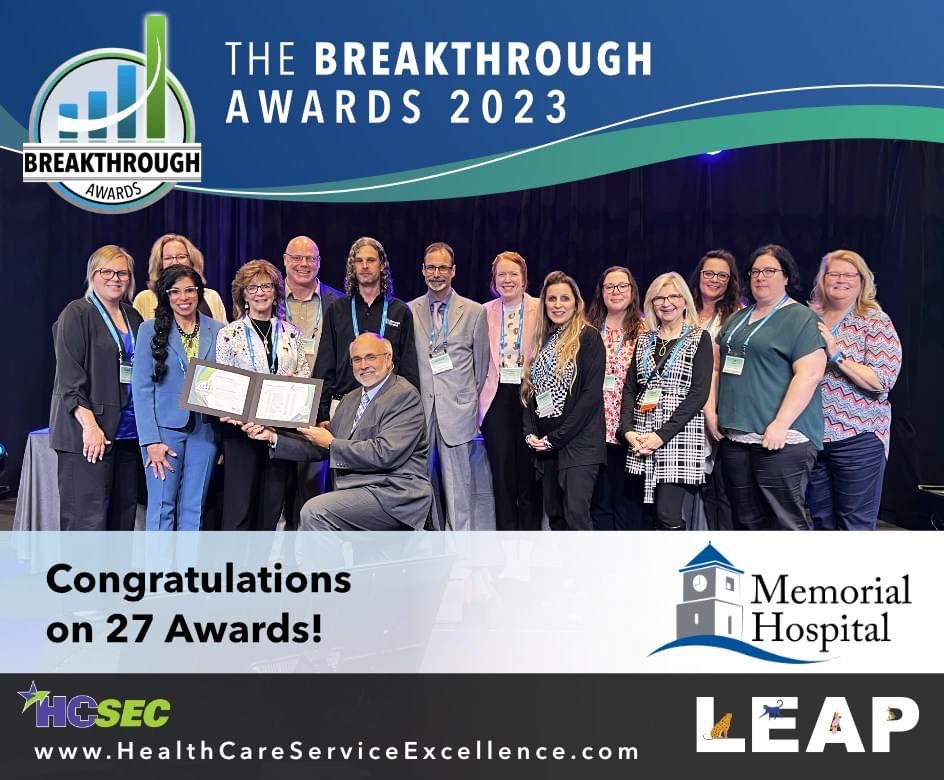
.jpg)


.jpg)